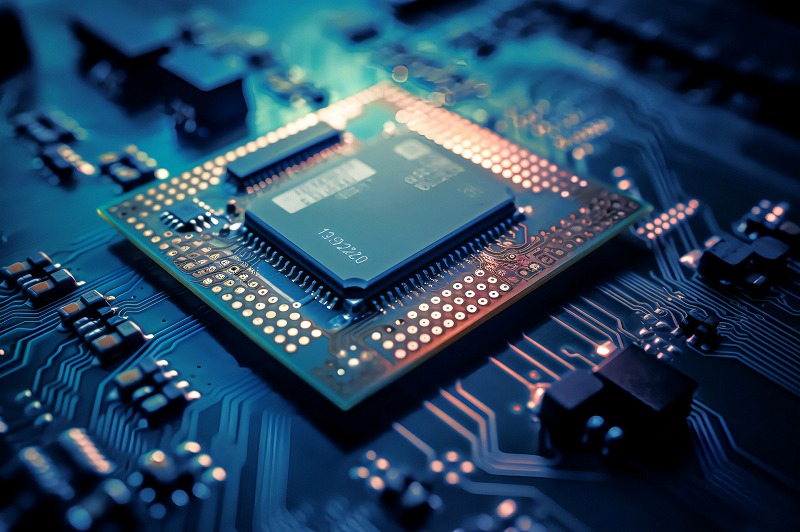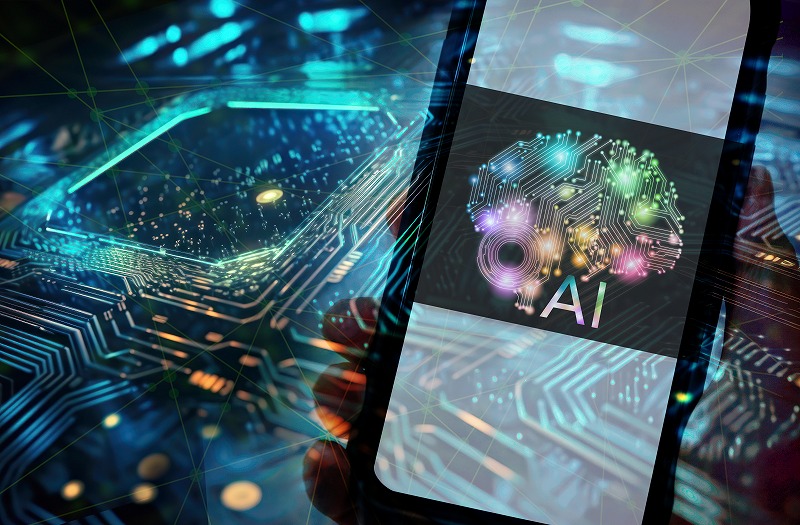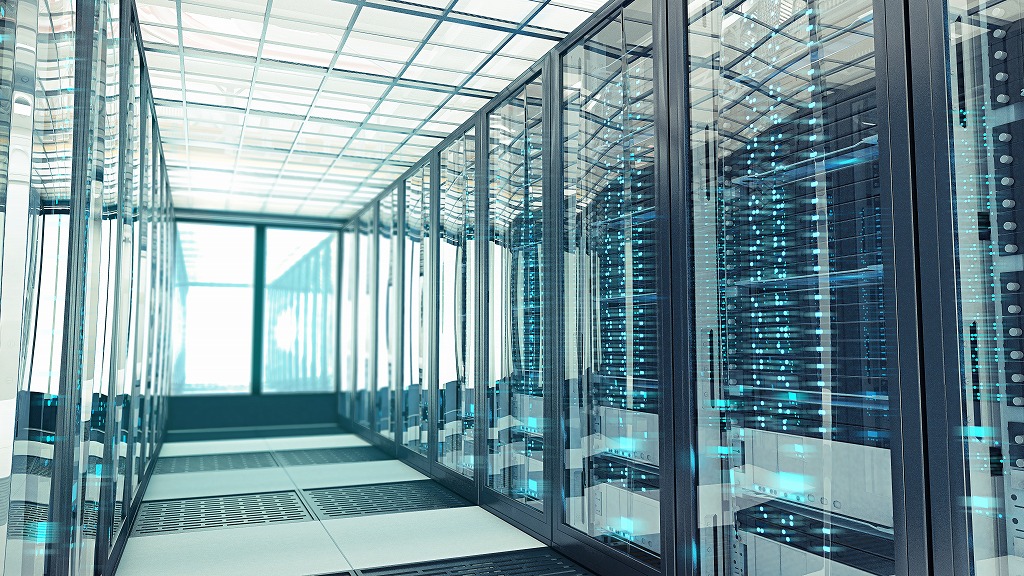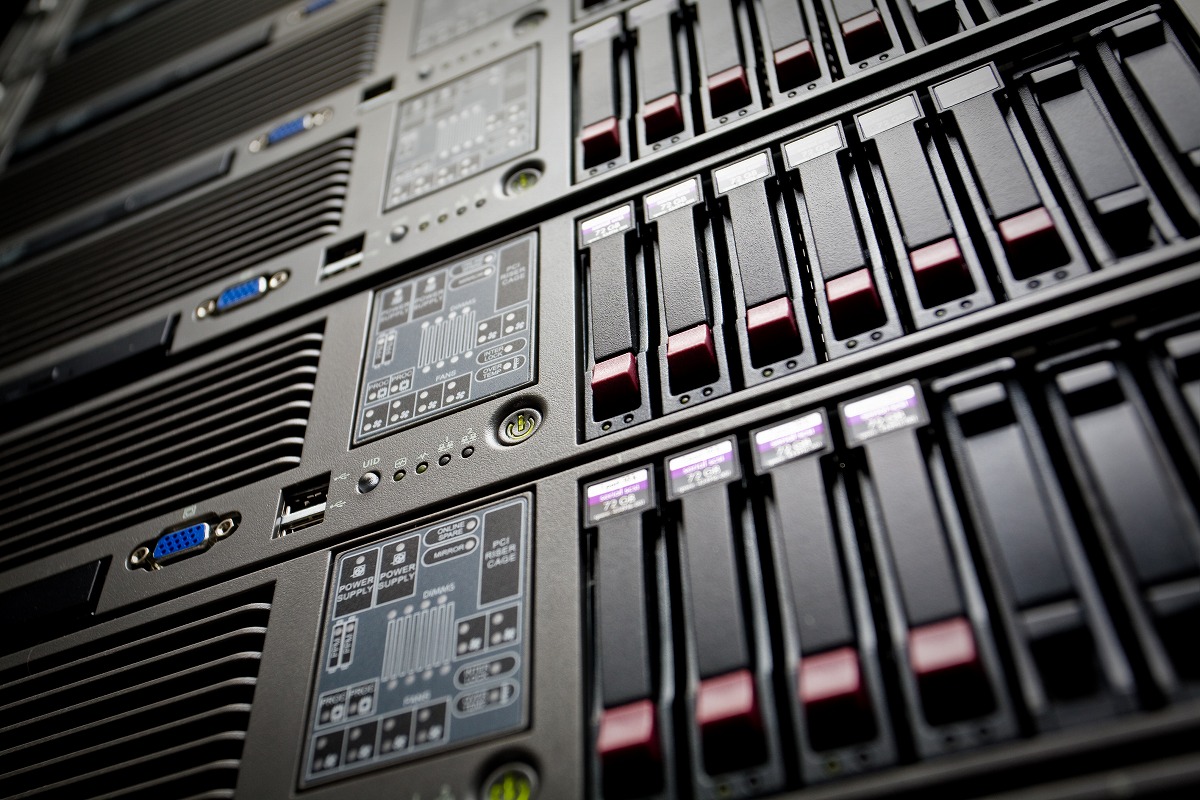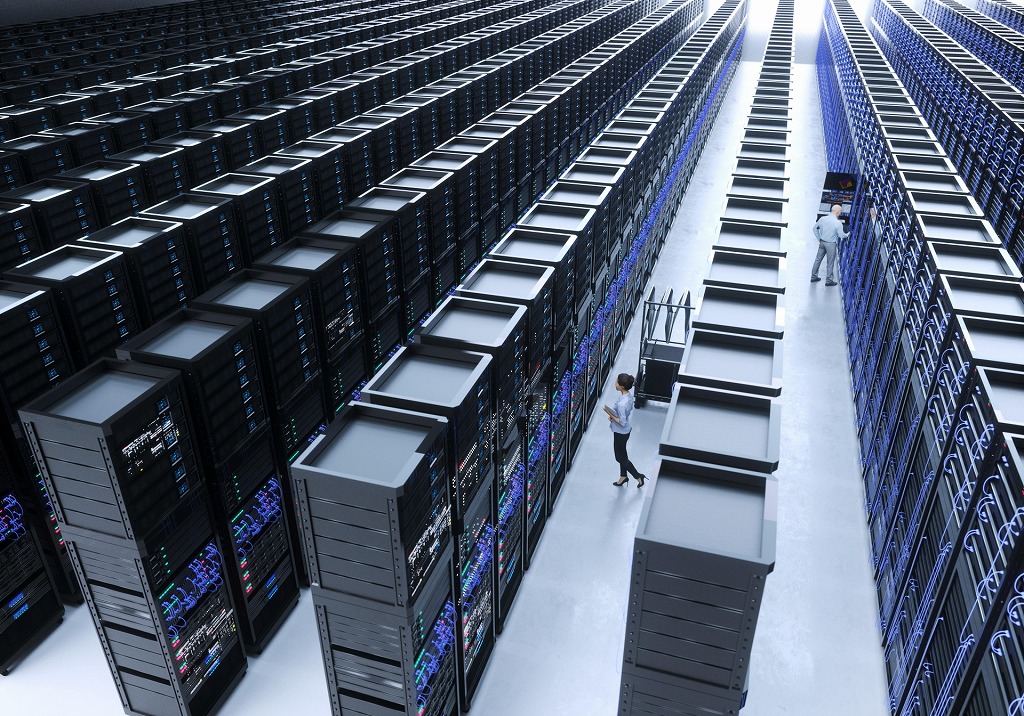
ESG + DC
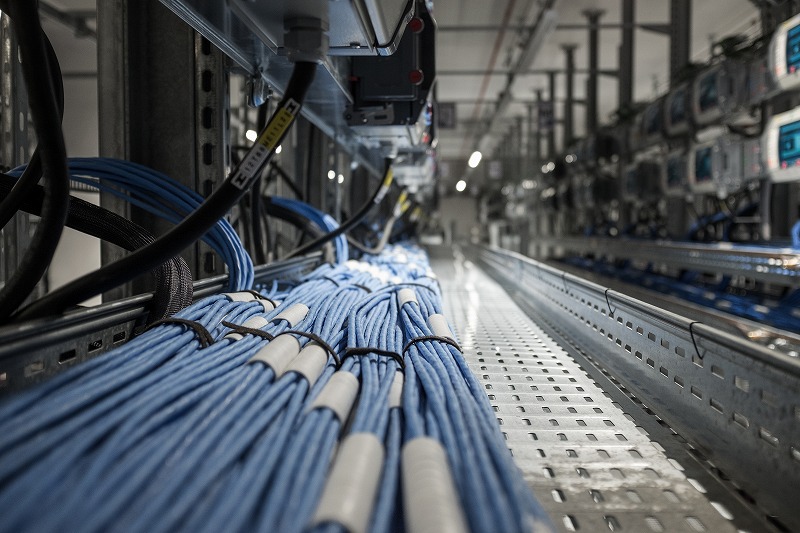
2023.01.31
Internet Initiative Japan Inc. (IIJ) announced on November 17 that it will build a new system module building within its own data center, Matsue Data Center Park (Matsue DCP), which has been operating in Matsue City, Shimane Prefecture since April 2011. .
Construction is scheduled to begin in February 2024 and operations are scheduled to begin in May 2025.
The newly constructed system module building will have a construction area of approximately 2,000 square meters and a capacity of 300 racks.
In addition to utilizing it as a space for housing equipment for the IIJ cloud service, for which demand is growing, it will also serve as a data center to realize the “development of regional digital infrastructure,” one of the objectives of the Digital Garden City Nation Concept, as a regional network. It will also contribute to strengthening infrastructure.
Background of the establishment of the new “System Module Building”
This project has been selected and implemented as a subsidy target for the Ministry of Internal Affairs and Communications’ fiscal 2021 supplementary budget “Digital infrastructure resilience project through regional distribution of data centers, submarine cables, etc.”
Matsue DCP is a modular data center that employs an external air cooling system, opened by IIJ in April 2011. The container-type IT module “IZmo”, which was developed by integrating IIJ’s DC operation know-how, achieves high server accommodation efficiency at low cost and easy scale-out.
In May 2019, the Shirai Data Center Campus (“Shirai DCC”), a system modular construction method that leverages the energy efficiency technology and operational experience gained at the Matsue DCP, is constructed and operated in Shirai City, Chiba Prefecture.
IIJ explains that the Matsue DCP and Shirai DCC will be used as a base for IIJ’s cloud and network services, as well as for its co-location service, where IIJ stores IT equipment for its customers, and that demand for its cloud services is continuing to increase, and that the use of co-location services for business continuity planning (BCP) is also expanding.
On the other hand, the government’s Digital Rural City Nation concept has promoted the decentralization of data centers to regional areas, and the need for regional DCs is increasing as digital implementation efforts, such as digital transformation (DX) and tourism DX, by small- and medium-sized regional companies are revitalized.
Under these circumstances, the Matsue DCP, which currently has approximately 500 racks, is expected to be fully occupied by the end of FY2025, which is why we have decided to construct a new “system module building” with higher capacity efficiency than container-type modules.
Introducing and demonstrating new facilities, aiming to solve social issues
The System Module Building uses an “outside air-cooled air-conditioning system” that reduces power consumption and “wall-blown air-conditioning” that enables efficient air conditioning.
In addition, they also focus on electrical facilities, maintaining the industry’s highest PUE (Power Usage Effectiveness) level of “1.2”.
By adopting a three-phase, four-wire UPS for electrical equipment to reduce electrical losses, the company will continue to achieve a PUE of “1.2,” the highest in the industry, and fulfill its social responsibility as well as improve its service value.
In addition, Shirai DCC is promoting automation of data center operations by applying robot technology. Leveraging its prior achievements, Matsue DCP will also promote the introduction and demonstration of data center facility patrols using robot technology.
The Matsue DCP is aiming to become a model case of a carbon-neutral data center by introducing electricity derived from virtually renewable energy sources from February 2022.
They are in the process of strengthening our efforts to realize a carbon neutral data center by installing an on-site mega solar power generation facility and procuring power from an off-site power generation facility.
In the future, the data center is expected to utilize the power generation/storage facilities, etc. within the data center to build a micro-grid for local production and local consumption of electricity in cooperation with local governments and regional companies, thereby strengthening regional resilience and solving social issues such as carbon neutrality.
IIJ’s System Module Building is expanding the possibilities of Japan’s data centers, and interest is growing for its operational launch in 2025.
dil_admin
ESG + DC


 JA
JA